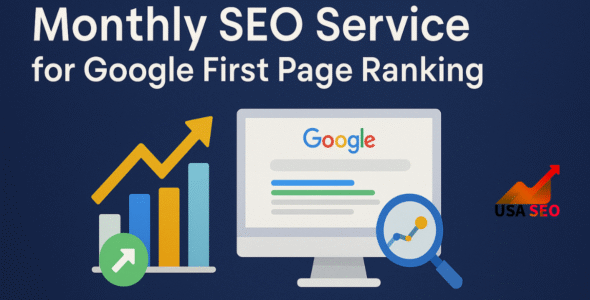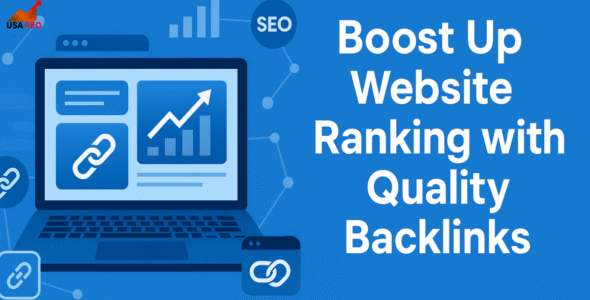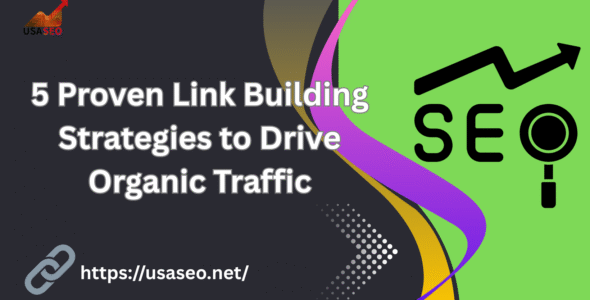In today’s world, digital marketing has become a vital tool for organizations in practically every area, including Tourism & Travel. As more tourists plan trips online, travel businesses must maintain a strong digital presence to stay competitive. This article explores how digital marketing can boost your travel business by increasing visibility, building connections, and driving bookings.
1. The Significance of Digital Marketing in Travel and Tourism
The travel and tourism sector has always been very competitive, with tourists having several options at their disposal. In today’s digital era, most travelers use the internet to research places, compare costs, read reviews, and book their travels. Due to changing consumer behavior, digital marketing is crucial for tourism businesses to attract and retain customers.
Without a solid internet presence, your company may lose prospective clients to competition. Digital marketing strategies for the travel sector help businesses target customers, increase brand awareness, and provide personalized experiences to attract more travelers. When properly implemented, these methods may not only increase internet exposure but also develop trust, loyalty, and long-term consumer connections.

2. Greatest Digital Marketing Approaches in Tourism & Travel.
To build your Tourism & Travel firm, you must apply several digital marketing methods. These techniques enable you to reach a larger audience, interact with consumers in meaningful ways, and increase reservations. The following are some of the most successful digital marketing strategies for the tourist and travel industries.
A Search engine optimization (SEO)
SEO boosts your website’s ranking, increasing visibility and attracting vacation planners who start their search online.
Effective SEO for travel firms comprises several methods, including’s
- Keyword research: It involves targeting high-volume keywords like best destinations, affordable packages, and luxury tours for prospective travelers.
- On-page SEO: is optimizing individual pages of your website by including targeted keywords in titles, headers, content, and Meta descriptions.
- Local SEO: is vital for travel firms that want to target particular places. Optimizing for location-specific keywords and claiming your Google My Business profile helps tourists find your services easily.
By ranking better in search results, your tourist firm may increase organic traffic and website visits from passengers who are already interested in your services.

B Pay-Per-Click (PPC) Campaigns
PPC advertising is a powerful tool for tourism businesses, allowing targeted ads on platforms like Google, Facebook, and Instagram. You pay per click, ensuring your budget is spent on users actively seeking travel services. Customized ads for specific destinations, offers, or experiences, and targeting high-intent keywords like “book a beach resort” or “discounted Europe tours,” helps reach potential customers ready to make travel arrangements.
The benefit of PPC is that it produces fast results, allowing you to test and tweak your advertising for optimal efficiency. PPC campaigns are very customizable and can be altered in real time to ensure they target the intended demographic.
C. Social Media Marketing
Social media is an effective tool for communicating with prospective tourists and promoting your Tourism & Travel products. With billions of active users on sites like Facebook, Instagram, Twitter, and TikTok, social media marketing enables you to reach a large audience while also connecting with them in important ways.
Here’s how social media may benefit your travel business:
- Building business awareness: Social media platforms are wonderful tools for promoting your business.
- Posting attractive photographs of tourist locations, behind-the-scenes tour films, and customer testimonials may all assist in establishing a strong brand identity.
- Social networking: Allows you to interact directly with your clients. Responding to comments, soliciting feedback, and publishing user-generated material may help you gain trust and engagement.
- Promotions and Special Deals: Running promotions, competitions, and limited-time deals on social media may entice followers to book vacations with your business.
Platforms like Instagram, in particular, are great for the Tourism & Travel sector owing to their emphasis on images. Posting amazing photographs of places, experiences, and local attractions may inspire prospective visitors and increase interest in your services.

D. Leveraging content marketing
Material marketing is a long-term approach that includes providing useful and relevant material to attract, engage, and keep consumers. Content marketing is very useful for tourist firms since it inspires trip plans and fosters relationships with your target audience.
Content Types for Growing Your Travel Company:
- Blog Posts: Share travel guides, destination recommendations, and itineraries on your website to assist people in planning their vacations. Blogging also helps with SEO by focusing on long-tail keywords and addressing frequently asked travel queries.
- Videos Produce: Video material that highlights your tours, customer experiences, or vacation locations. You may share videos on YouTube, your website, and several social media channels.
- Email emails: Send individualized emails with information about new packages, locations, and deals. Email marketing allows you to communicate with former and future consumers regularly.
- Infographics: Create visually attractive infographics highlighting Tourism & Travel data, suggestions, or instructions to help travelers ingest information more easily.
By continuously delivering quality material, you position your business as a recognized expert in the travel industry, encouraging passengers to book their vacations with you.
E-mail Marketing
Email marketing is still one of the most successful methods to engage directly with prospective and current clients. With an email list, you can build connections, notify subscribers about forthcoming trips, and post special offers to drive reservations.
Effective email marketing tactics include the following.ng:
- Tailored Emails: Segment your email list based on traveler preferences or previous bookings, and then send tailored suggestions or offers that fit their interests.
- Automated Campaigns: Create automated email sequences to engage new subscribers, confirm reservations, and re-engage clients who have not booked in a while.
- Exclusive Offers: Send special discounts or promotions to your email subscribers to encourage them to book their next vacation with your business.
A well-crafted email marketing campaign may generate direct bookings, enhance repeat business, and foster consumer loyalty over time.

F Online Review and Reputation Management
In the Tourism & Travel sector, internet reviews have a considerable impact on prospective clients’ attitudes. Travelers often depend on reviews to decide which travel services to choose. Positive reviews may increase trust and credibility, whilst bad ones might turn off prospective buyers. Encourage pleased customers to submit reviews on sites like Google My Business, TripAdvisor, and Yelp.
Respond to both good and negative reviews in a professional way to demonstrate that you respect client input and are dedicated to improving your services. Actively maintaining your internet reputation allows you to maintain a favorable brand image and influence prospective clients who are considering your services.
3 Leveraging Data and Analytics
Digital marketing for Tourism & Travel firms is data-driven, and identifying your target audience is critical to success. Use analytics tools like Google Analytics, social media insights, and email marketing platforms to measure critical metrics like website traffic, conversion rates, engagement, and customer demographics.
This information may assist you:
- Determine which marketing channels provide the most traffic and conversions.
- Understand your target audience’s tastes and habits so you can adjust your services appropriately.
- Optimize your marketing efforts based on performance data to get better outcomes over time.
By constantly evaluating data, you can fine-tune your strategy, optimize your ROI, and remain ahead of rivals in the travel business.

4. Embrace the Power of Influencer Marketing
Influencer marketing is becoming more popular in the Tourism & Travel sector. Collaborating with travel bloggers, vloggers, and social media influencers may help you reach new audiences and market your services to prospective clients. Influencers with huge, engaged followings may provide real, visually attractive material promoting your travel services or locations. This sort of material might excite tourists and pique their interest in hiring your services. When choosing influencers, make sure their audience matches your target demographic. Collaborating with the appropriate influencers may boost brand visibility, trust, and bookings.
5. Conclusion.
In today’s competitive industry, digital marketing is critical to expanding your Tourism & Travel Company. SEO, PPC advertising, social media marketing, content production, email marketing, and online reviews may all help you establish a strong online presence, attract more clients, and boost conversions. Digital marketing enables travel firms to interact with passengers at every step of their journey, from inspiration to booking and beyond. Incorporating digital marketing into your entire plan not only improves your exposure but also develops long-term connections with consumers, driving repeat business and brand loyalty. As more visitors depend on digital platforms to plan their travels, investing in digital marketing can position your travel firm for success in a rapidly expanding sector.
 My Account
My Account 


